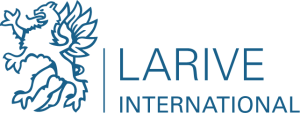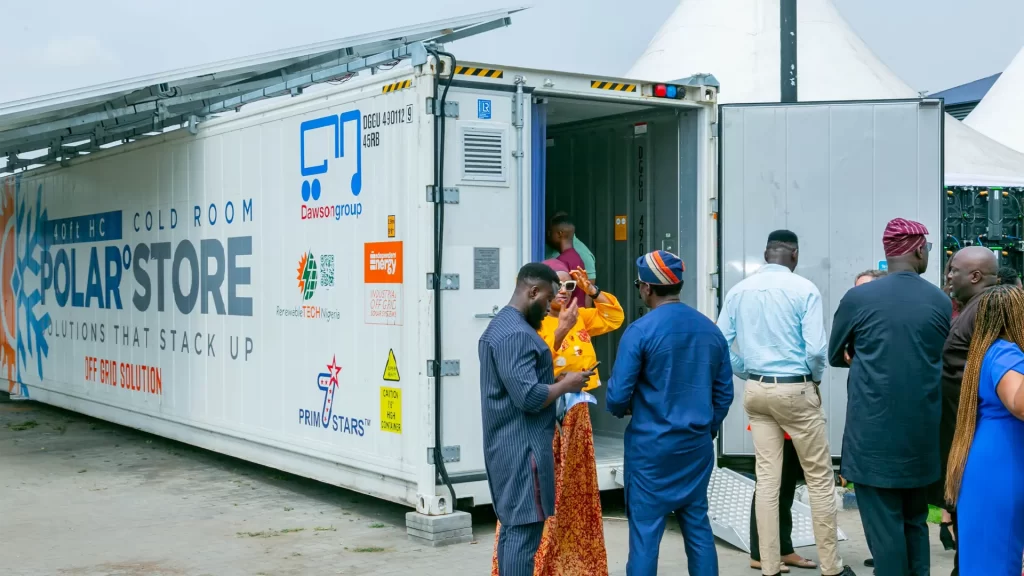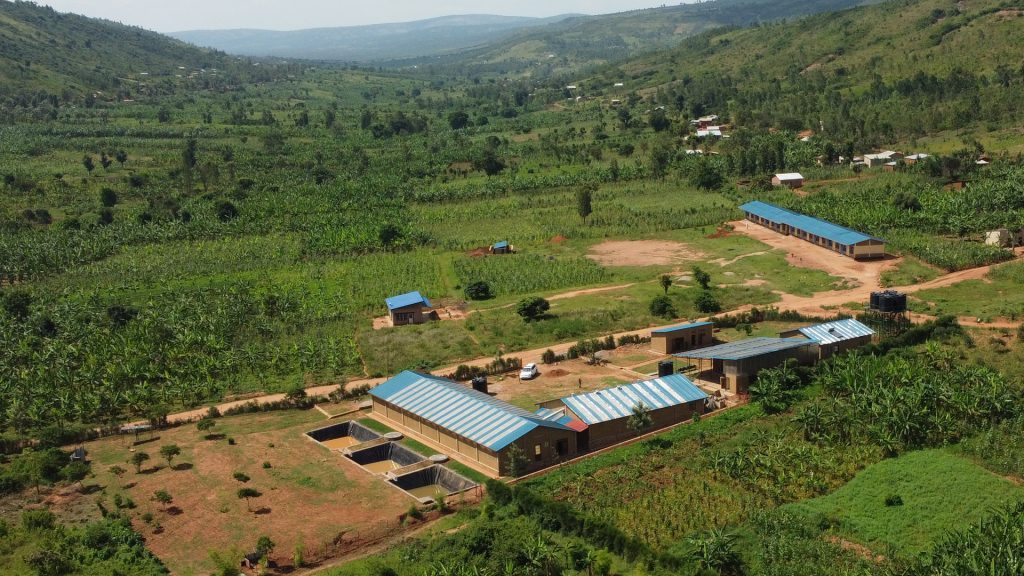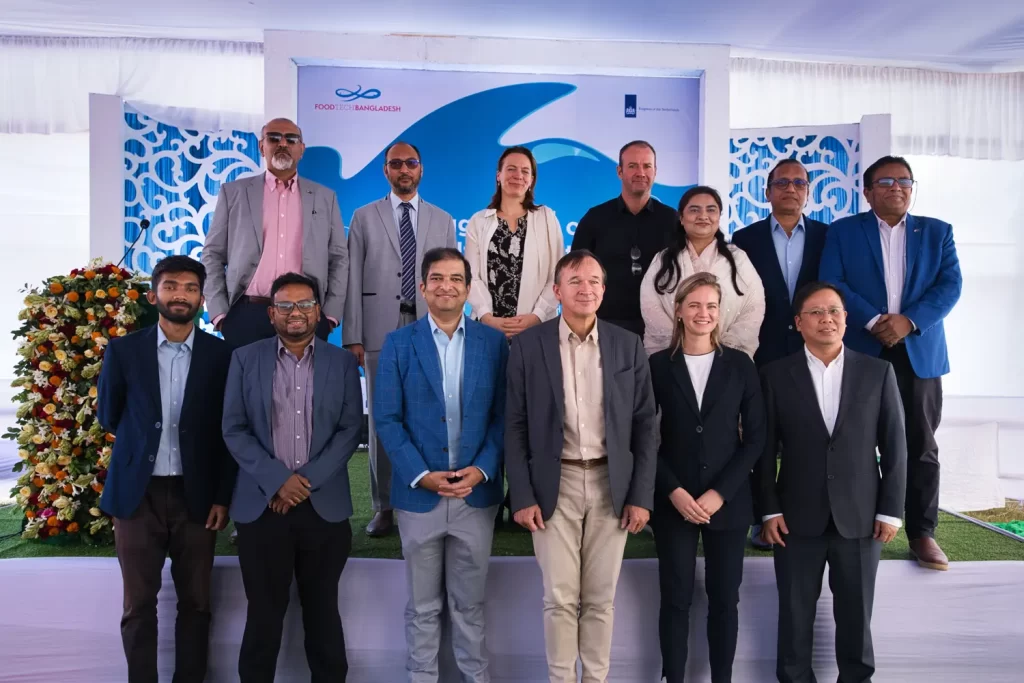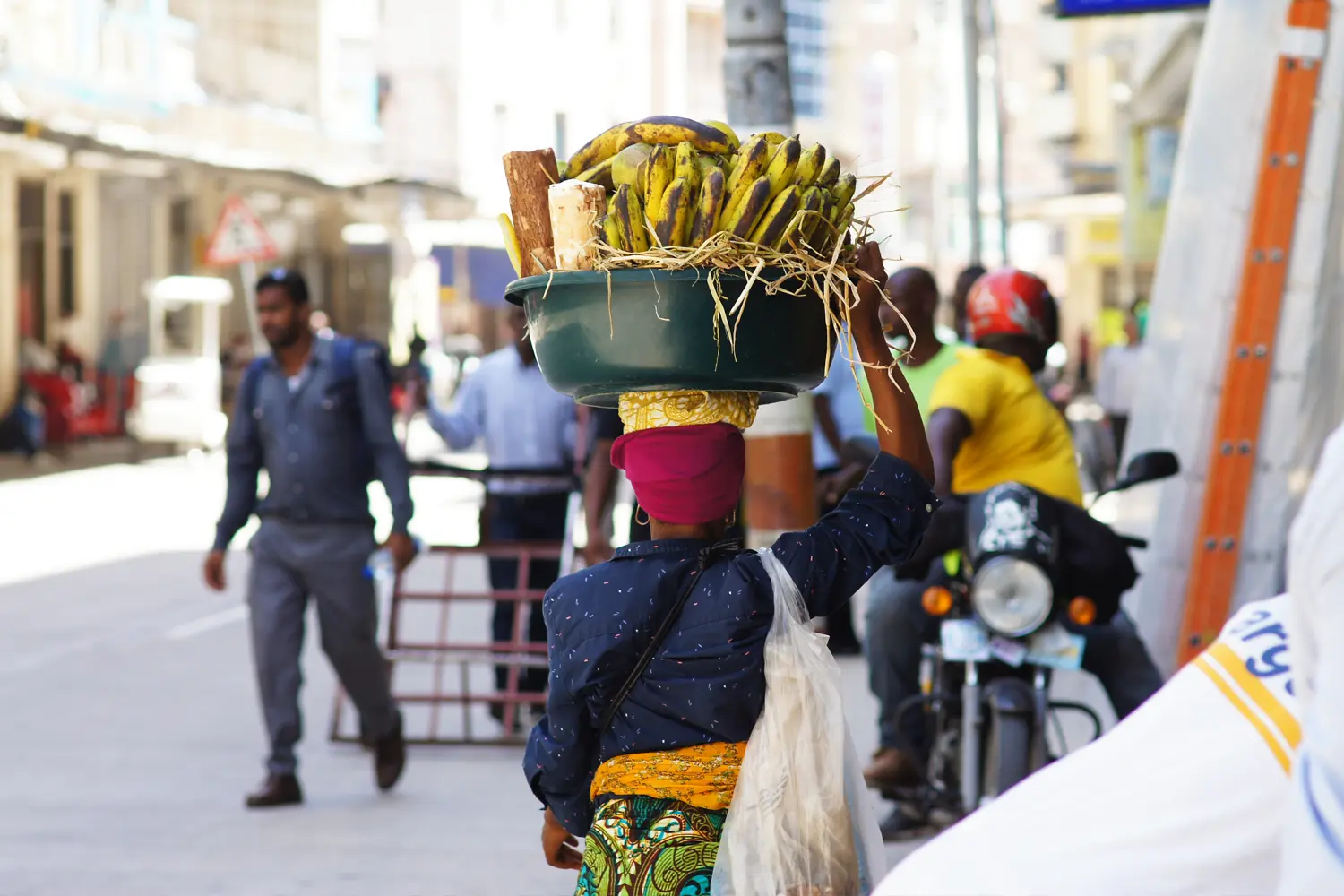Dutch private-sector enterprises are increasingly discovering how government-supported partnerships can unlock profitable opportunities and have a sustainable impact on emerging markets.
In our previous article, Unlocking global potential, we highlighted a global shift in international development, away from pure aid and toward strategic trade. The Netherlands government, among others, has firmly embraced this approach, aligning national interests with sustainable development abroad. But how does this translate into tangible business opportunities?
A clear pathway to impactful growth
Successfully growing in emerging markets requires courage, an intricate understanding of local contexts, and robust networks on the ground. Over the decades, Larive International has guided numerous Dutch and European enterprises through this challenging yet rewarding landscape. Three inspiring cases illustrate some of these opportunities, such as:
- Market entry.
- Sustainable business building.
- Creating shareholder value.
Let us examine these real-world stories of how public-private partnerships (PPPs), co-funded by the Dutch government and orchestrated by Larive, turned policy ambitions into profitable realities.
Market entry | Dawson Group Benelux | Seizing Nigeria’s energy opportunity
Nigeria, despite abundant sunshine and a population of over 200 million, faces chronic energy shortages and widespread post-harvest losses that threaten food security. Without reliable electricity, businesses often rely on costly, polluting diesel generators to power cold storage for food and vaccines.
To address this, the Dutch Government co-funded a project aimed at reducing diesel dependency, lowering CO₂ emissions, introducing renewable energy solutions and improving cold storage infrastructure. For Dawson Group Benelux, a leader in mobile cold storage, this challenge presented a strong opportunity to offer sustainable, off-grid solutions for Nigeria’s food and healthcare sectors.
Yet, market entry to Nigeria is far from easy. Bureaucratic import hurdles, currency volatility, and hesitant local buyers created significant barriers. With the assistance of a PPP project named RenewableTechNigeria, an Impact Cluster co-funded through the Dutch PSD Toolkit and coordinated by Larive International, their market entry was realised.
The RenewableTechNigeria partnership helped Dawson share risks and reduce costs while enabling a live demonstration of its solar-hybrid PolarStore unit in Lagos, Nigeria. On February 4, 2025, during a launch event attended by Nigerian officials and the Dutch Embassy, the PolarStore, powered entirely by solar energy, proved its effectiveness on-site.
As they say, seeing is believing. With the first unit operating in Nigeria, Dawson has laid the foundation for broader market adoption and long-term impact.
Learn more about RenewableTechNigeria | Boosting solar energy in Nigeria
Building a sustainable business | Gishanda Fish Farm | Profitable and impactful aquaculture in Rwanda
Transitioning from entering an emerging market to building a sustainable, profitable business is a complex challenge. But Rwanda’s Gishanda Fish Farm embodies this transition successfully, turning environmental conservation and community integration ideals into a viable commercial enterprise.
Gishanda Fish Farm was launched through the FoodTechAfrica Rwanda PPP, a co-funding initiative supported by the Dutch government. It has a clear mission: to ease the pressure on water bodies surrounding Akagera National Park by curbing overfishing, providing local communities with a sustainable, affordable source of white protein, and professionalising the aquaculture value chain in Rwanda. These goals were realised through the establishment of a local hatchery and fish farm. In partnership with African Parks, Larive International, and a consortium of Dutch and local technical experts, the project quickly gained momentum. Its success not only delivered tangible environmental and nutritional benefits but also attracted additional investment, reinforcing its long-term impact.
Today, Gishanda stands as the most innovative fish farm in East Africa, serving as a national demonstration hub and inspiring similar initiatives across Rwanda and beyond. It is a powerful testament to the viability of a commercially successful model that seamlessly integrates environmental stewardship and community development. Driven by Larive’s clear vision on the opportunity, the attraction of the right funding mechanisms, and collaboration with top-tier technical expertise, the project has exceeded expectations, evolving from an ambitious conservation initiative into a thriving, self-sustaining enterprise.
Learn more about Gishanda Fish Farm | A vision of sustainability.
Creating shareholder value | De Heus | Scaling success in Bangladesh’s aquaculture
Bangladesh, with its ideal climatic conditions and vast water resources, ranks among the world’s top freshwater fish and shrimp producers and is a cornerstone of national food security and economic stability. Yet productivity has remained hampered by outdated technologies and fragmented supply chains.
Co-funded by the Dutch government, the FoodTechBangladesh PPP strengthens local economic resilience by modernising the aquaculture sector. The partnership improves the technical performance of fish and shrimp breeders and farmers in Bangladesh by demonstrating best practices and transferring know-how. It builds robust local value chains, directly connecting farmers with end markets, resulting in increased economic stability and market power for farmers.
Long-term business sustainability ultimately hinges on creating an attractive and profitable aquaculture sector. Through the FoodTechBangladesh partnership, the biggest private sector contributor, De Heus, aims with its investments to expand its customer base, develop market know-how, and enhance brand reputation, thereby increasing local feed sales, all while contributing directly to Bangladesh’s food security and sustainability goals.
Learn more about FoodTechBangladesh | Boosting fish farmers in Bangladesh.
Public-private synergy: a win-win strategy
These examples underscore how Netherlands-supported PPPs not only help businesses enter complex markets but also empower them to build lasting value locally. Partnerships like RenewableTechNigeria, FoodTechAfrica Rwanda, and FoodTechBangladesh vividly illustrate that business development in emerging markets is not just socially impactful, it is economically smart.
For Dutch businesses, government co-financed PPPs offer strategic market entry, reduced risk, enhanced scalability, and measurable profitability. Simultaneously, these initiatives align closely with the funder’s goals by contributing to the SDG’s and enhancing food security, sustainability, and economic resilience worldwide.
The eye-opener is clear: leveraging public resources strategically through PPPs can transform development policy into dynamic, profitable opportunities for enterprises, creating mutual gains for companies, communities, and governments alike.
Ready to explore your own PPP opportunities? Get in touch and connect with our colleagues to discover how you can thrive in emerging markets.
